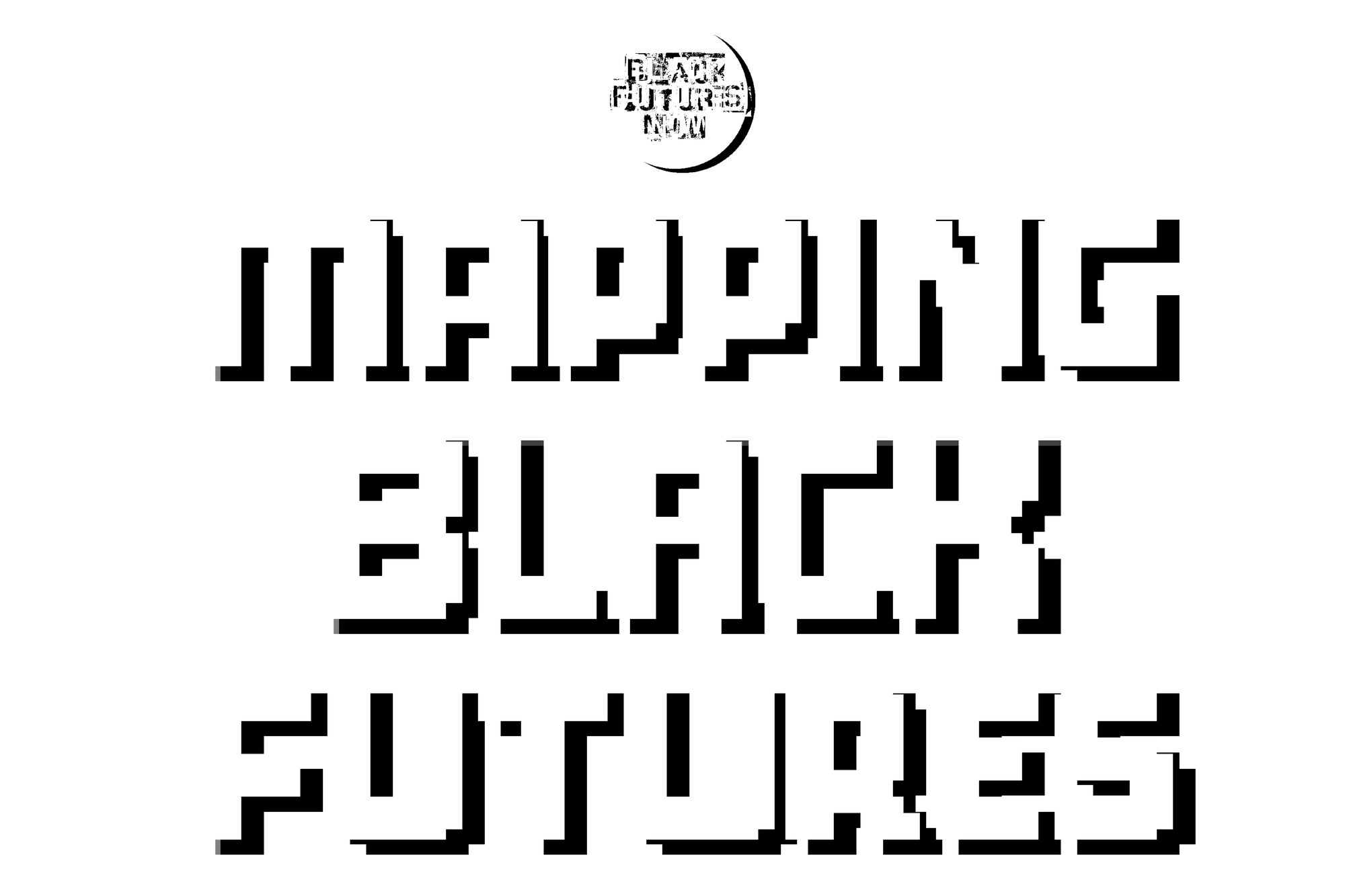About
Mapping Black Futures is an interactive resource and story mapping project, embedded in local Black geographies, and created for and by self-identified Black nonbinary youth and young women from across the GTA. Through this project participants have built and curated a living community archive of places, events, and memories that are meaningful to them and their communities. Using open source mapping software and composed of a mixture of archival and original materials, Mapping Black Futures, is a unique experiment in virtual placemaking and community building, while still grounded in real life experiences and local Black histories.
This project is one of few that aims to honour the places across the GTA that hold significance for Black nonbinary youth and women especially. Also, this project directly addresses the ongoing destruction of these spaces as result of hyper urban development and a long history of Black displacement within the city Toronto and its surrounding municipalities. This project is a virtual testament to the often-unremarked ingenuity of Black communities in the face of this reality.
Mapping Black Futures Mission Statement
MBF’s mission is to bring young Black people from across Toronto and the GTA together to collaborate on building a story and community map that highlight the city’s less celebrated or known Black histories. In the process, we hope to create a community and safer space for non-binary, trans, and women of African descent to share their experiences, learn about local Black histories, the histories of radical mapping as well as Black placemaking and geographies. We also aim to teach participants mapping and data visualization skills and tools and show them how they can use these tools to tell their own and other Black stories. Our hope is that this project, in addition to creating opportunities where young Black people learn more about themselves and their communities, that we also contribute to important conversations about how we tell the stories of where we live and why that’s important to always interrogate.
